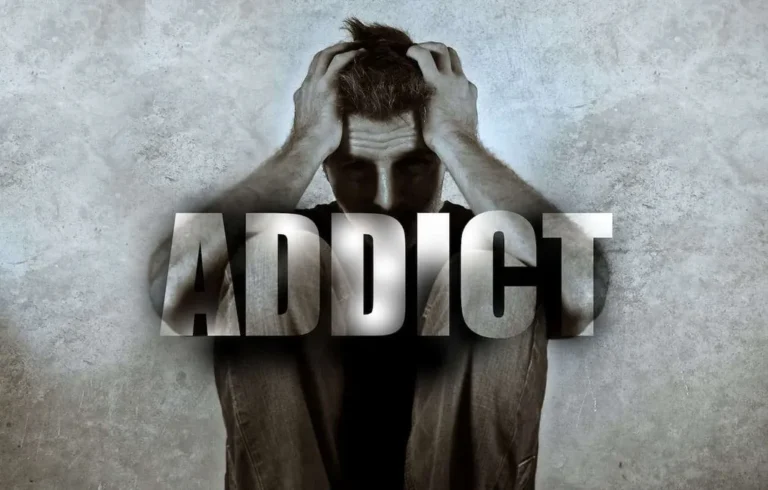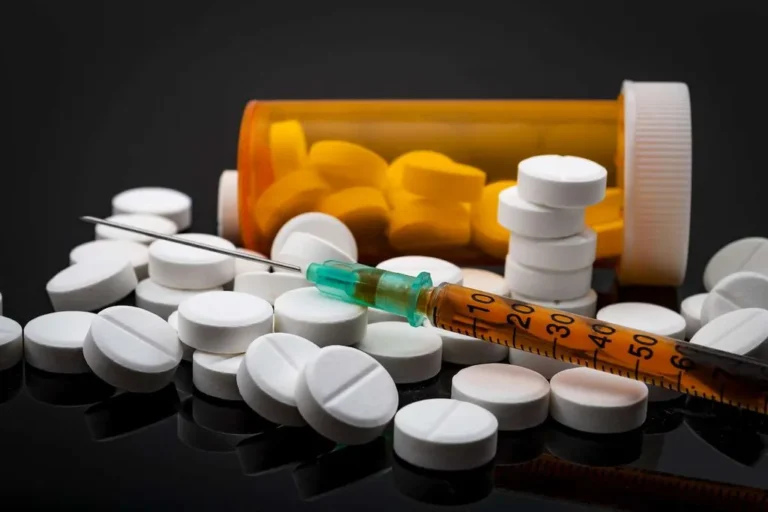What is the Most Addictive Drug: a Comprehensive Overview

A person with a substance use disorder (SUD) needs to take decisive steps toward full recovery. People with SUD often exhibit signs of antisocial behavior. They are prone to self-isolation and may experience mental health issues. Prescribed medications cause dependency when used longer than recommended. Bad habits lead to disastrous consequences and poor health. When the brain becomes dependent on a pill, it may be daunting to adjust the behavior patterns without undergoing treatment. In this guide, we will explore what is the most addictive drug and what steps an individual can take to minimize the threat of compulsive substance abuse.
What are the Most Addictive Drugs
If a patient follows a doctor’s recommendations, this ensures that no negative effects will become noticeable throughout the treatment. However, people who are prone to depression, have serious health issues, or face a personal crisis are susceptible to the accumulative effect of some pills. Similar to alcoholism, remedy addiction has a host of dangerous consequences. Below, we have briefly described the most dangerous medicines that have a lasting impact on health.

Take back control of your life and start on the road to recovery now.
Heroin
This widely used opiate is made from morphine, the element of opium. It’s known for its highly addictive effect. While prescription opioids are used as painkillers, their uncontrolled consumption may lead to early death. Opioid use disorder causes over 136 deaths daily in the U.S. Individuals who inject, snort, or smoke heroin often do not recognize the threat of elevated dosage. It quickly enters the brain and has a powerful sedative effect. Because it acts so fast, it evokes a strong sense of pleasure and causes addiction before a person starts to recognize it as a threat. Heroin addiction makes it challenging to make weighted decisions and control impulsive behavior. The brain affected by it considers other rewards less appealing, which fuels addiction.
Cocaine
When asked, “What is the most addictive drug?” many respondents will immediately think about this highly addictive stimulant produced from the coca plant. It is consumed as a white powder or smoked as a crack. Individuals addicted to various substances often combine them to intensify their effects.
While cocaine allows individuals to get high quickly, the effect does not last for a long time. This is why people intensify the intake and become reliant on its effects. The prolonged usage is rewarded by intense pleasure and leads to positive reinforcement. The chemical reactions caused by crack last about 10 minutes, so an individual increases the dosage frequency to enhance the feeling of happiness.
Fentanyl
The synthetic version of heroin is traded illegally across the U.S., contributing to a higher number of overdose deaths among youth than other major pharmaceuticals combined. This synthetic opioid is 50–100 times more powerful than morphine. Patients take it during the rehabilitation period after surgeries. Besides, it facilitates dealing with chronic pain.
Illegal fentanyl is sold as a powder, pills, and nasal sprays. Some dealers combine it with heroin and methamphetamine to reduce the price. Clients who do not know about such practices might die from overdose.
Methamphetamine
Meth is one of the most dangerous CNS stimulants causing lifelong addiction. It comes in the form of powder and causes physiological and mental dependence. As a derivative of amphetamine, it is utilized for treating attention-deficit hyperactivity disorders and restoring sleep. However, individuals use illicit meth for recreational purposes failing to recognize its harmful potential.
Being one of the most addictive pills, meth is associated with a host of adverse effects, including suppressed appetite, wakefulness, irregular heartbeat, and high blood pressure. Unlike nicotine, it harms both physical and psychological health. An overdosed individual may experience high body temperature, causing death.

Barbiturates
Such sedatives cause severe drug abuse despite their seemingly harmless usage. Patients take them to reduce anxiety, treat epilepsy, and reduce psychomotor agitation. However, when bought on the street, barbiturates are used as downers to minimize the effect of powerful stimulants.
Only some respondents name these pills when answering the question, “What is the most addictive drug?” However, everyone who has taken them for a long time experiences withdrawal symptoms. Joining anonymous support groups and enrolling in treatment programs allows individuals to discover a way to deal with cravings.
Methadone
This medication is regularly prescribed to heroin addicts. Nevertheless, it harms health. Patients should avoid taking it outside a medical setting. There are plenty of less risky pills that can replace meth.
What are the Reasons for Drug Dependence
Medication misuse may lead to a lifelong drug addiction, affecting brain functioning and fully transforming a person’s behavior. People with SUD are no longer able to control themselves. Pharmaceuticals activate the pleasure center in the brain and diminish the ability to process information. When their effect wears off, one may feel compelled to take more pills, which ultimately leads to dependency.
According to the National Institute on Drug Abuse (NIDA), 13.5% of Americans use some sort of medication monthly. SUD is a chronic disease that changes how the brain operates and distorts the reward system. High dopamine levels cause a euphoric mood and compel a person to continue using medication. However, the frequent consumption of a remedy results in building tolerance to a cure. Multiple factors exacerbate the effect of prescribed cure:
- Genetics: Some people are more likely to develop an addiction than others;
- Environment: Peer pressure and chronic stress heavily contribute to dependence;
- Chemical components: Some substances harm health.
One might wonder: “What is the most addictive drug?” To decide what substance is the most dangerous in the long term, it’s essential to analyze multiple criteria:
- Dependence potential: The misuse and higher dosage of some pharmaceuticals result in heavy physical or psychological dependence. The most addictive substances contain chemicals that affect the reward system and change the brain chemistry.
- Withdrawal effect: After stopping the use of specific medications, a person starts to experience stronger symptoms, which may result in a relapse. If the unpleasant feelings are too difficult to bear, it may be challenging to stop using a remedy.
- The impact on a person’s life: When health, relationships, and careers start to deteriorate, a person may be inclined to continue taking medication. It becomes a powerful mechanism that facilitates coping with stress.
- Availability: Over-the-counter (OTC) medicines are easy to access. They are cheaper than prescription pills, which explains their widespread usage.
Different types of drugs vary in their impact on the brain. CNS depressants slow down its functioning, CNS stimulants boost the level of specific chemicals, while cannabis affects memory, emotions, and decision-making.

This can be a difficult journey, but you don’t have to go it alone. Let us be your guide and provide you the environment needed to regain control of your life and begin the path to recovery.
How to Deal With SUD
After learning what is the most addictive drug, it’s time to discover a pathway to recovery. An individual can choose between different options. Using time-tested practices and approaches facilitates achieving sustainable results and avoiding relapses.
Medication assisted treatment (MAT) combined with cognitive behavioral therapy (CBT) remains one of the most effective solutions for those who suffer from SUD. Let’s consider the widely used addiction treatment practices:
- CBT: Modern forms of counseling have an impressive impact on mental health. Individuals attend therapy sessions to understand the reasons behind their behavior, learn how to notice triggers and discover result-yielding coping strategies to deal with cravings and reduce the occurrence of relapses.
- MAT: Some medications demonstrated their effectiveness in dealing with withdrawal symptoms. They decrease the intensity of cravings, minimize the euphoric effect produced by pills, and reduce the probability of relapses.
- Supportive environment: After going into rehab programs, individuals join support groups or find residences where they can live surrounded by those who share the same goals. Becoming a part of a helpful community allows them to gain confidence, adopt healthy behaviors, and get encouragement from peers.
Heroin is the short answer to the question, “What is the most addictive drug?” Nevertheless, other substances are no less dangerous. Eco Sober Houses offers housing services for clients suffering from SUD who want to improve their outcomes. We believe that every individual has the strength to overcome the dependency. Our clients know how to benefit from abstention to improve their lives. By surrounding themselves with peers who focus on personal development and battle their cravings to achieve success, they enhance their chances for recovery. Contact us now anonymously and discover how to become healthier.




